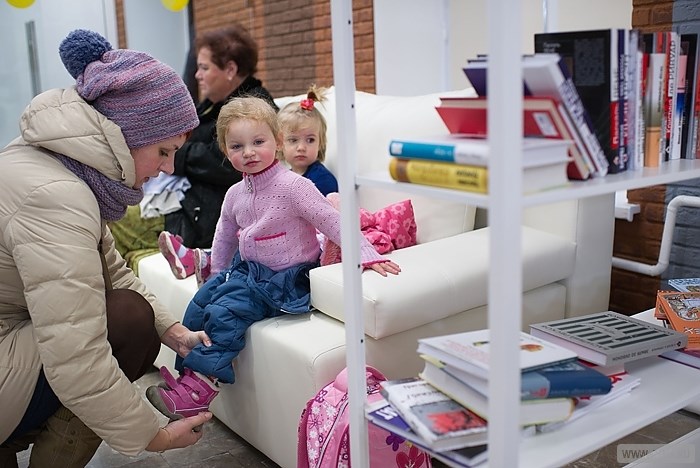
A new report released today by New York City Comptroller Scott M. Stringer found that, overall, New Yorkers are the hardest workers in America.
For most New Yorkers, the news is no spoiler alert. But still, the findings-- culled from a first-of-its-kind analysis-- show how the city's ardent workplace trends, coupled with the toilsome commute, make work life for New Yorkers far more strenuous than the rest of the country.
The study examined microdata from the 1990 and 2000 census and the 2013 American Community Survey and found that full-time workers in New York City have longer workweeks than those in 29 other major U.S. cities when commuting times are taken into account. In addition, lower-wage workers often endure the most brutal commutes.
The findings suggest a need for workplace policies that help to balance work and family life, in addition to better investment in our mass transit system.
"New York is America's hardest working city, but it's a one-two punch for lower wage workers, who get paid less and travel longer to get to work," Comptroller Stringer said. "This means employees in the Big Apple get paid less than it appears on an hourly basis, because their commutes are significantly greater than anyone else in the country. New Yorkers are dedicated, ambitious and tough, but to compete in the 21st century we need to expand our transit networks and advance policies like flexible work arrangements and predictable scheduling."
The study also found that:
- Occupations like security guards and home health care workers are heavily burdened by longer work weeks and commutes. While employees in higher paid sectors can afford to live closer to the City's core in areas well-served by mass transit, lower-wage workers increasingly live in neighborhoods outside the city's job core--forcing them to spend more time commuting and less time with family.
- Significantly fewer women with children work in New York City than in other cities across the country. The Labor Force Participation Rate for New York City women with children is 3 percentage points lower than the average of the other 29 cities in the study and well below that of Boston, Philadelphia and San Francisco. Fewer working mothers in New York City work part time than in other large cities, and the rate of working from home is about the same.
- On average, New York City's full-time workers earned about 16 percent more than workers did in other large cities in 2013. However, when New Yorkers' longer work hours and commutes are factored in, that wage advantage plays out in dramatically different ways. Some higher-income groups, like lawyers and judges, retained an effective wage premium of 15 percent, while others, such as cooks (8 percent) and waiters and waitresses (4 percent) did not benefit as much from their lengthy workweeks. Nurses and home health care aides earned an effective wage premium that was 11 percent less than their counterparts in other large cities even before adjusting for the higher cost of living.
- Nationally, the longest workweeks are in the mining, motion pictures and broadcasting, legal services, advertising, and computer systems industries. Workers in cities that have a high concentration of those industries, including San Francisco, Washington D.C., Charlotte and Houston typically spend the most hours at work. New York City ranks 12th among the top 30 U.S. cities in terms of usual hours spent at work.
"If New York City is going to symbolize the American Dream, we can't be a nightmare when it comes to long work hours and commuting. Our residents deserve better. We need to give New Yorkers a 21st century transit system and better utilize women's skills so that they don't have to choose between work and family," Stringer concluded.
To read the full report, please click here.



